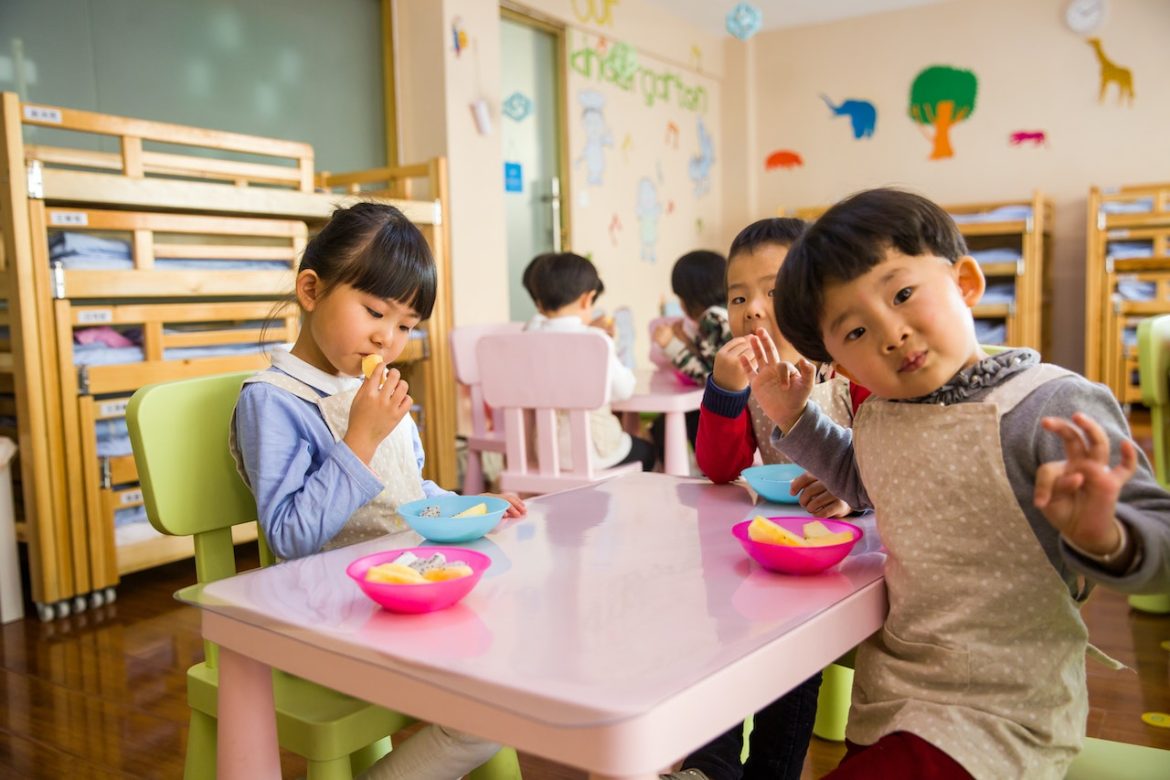Early childhood education (ECE) embraces formal and informal educational programs that foster healthy growth and development of children throughout their primary years of development or preschool years (0-5 years). It’s the first learning experience of a child in a structured setting. ECE lays the foundation that shapes children’s future health, happiness, growth, development, and learning achievement at school, in the family and community, and in life in general. Children at these ages are entirely dependent on their caregivers, parents, daycare providers, family members, and educators.
Let’s get an insight into this substantive domain.
Purpose of Early Childhood Education
Basically, the purpose of ECE is to provide children with strategies designed to help them develop the emotional, social, and cognitive skills needed to become lifelong learners. Effective early childhood education provides the building blocks for educational achievement, economic productivity, responsible citizenship, lifelong health, and strong communities.
The early years (0-5 years) are vital for learning and significant in every child’s life. The young mind is like a sponge that is continually soaking information, making it essential for children to have the right guidance while learning. That’s where the crucial role of educators comes into play.
If done right, ECE can facilitate a lifetime love of learning in children.
Educators want children to be healthy, receive a quality education, and acquire the tools they need to prosper in life. They provide children with safe environments for effective education or learning. Children in early childhood settings learn essential skills like language and literacy, thinking, self-control, self-confidence, and communication.
ECE programs are meaningful, challenging, enriching, and skillfully curated to encourage young students to learn about themselves and the world via experiences. The curriculum incorporates songs, books, art, games, toys, experiences, and nature exploration. Educators are well-versed in the strategies to provide quality engaging interactions and classroom environments that support effective learning. They also identify the weaker aspects of a child and encourage them to improve through practical sessions and interaction with peers.
All domains of child development-physical, cognitive, social, emotional, and linguistic development, as well as approaches to learning, are crucial.
Why is early childhood education important for little learners?
In terms of human development, the importance of ECE can’t be immoderate. A major part of brain development happens in children even before they begin preschool. Neural connections in the brain which are the basis for all thought, communication, and learning are established particularly in the first three years. That’s when the foundations for the future are laid, taking us through childhood, youth, and ultimately into adulthood. ECE impacts long-term social, cognitive, emotional, linguistic, and physical development. Parents must know that early childhood education is an investment in their child’s future, not a cost.
Globally countries are becoming cognizant of the importance of early childhood education as well. UNESCO states that “Early childhood care and education (ECCE) is more than preparation for primary school. It aims at the holistic development of a child’s social, emotional, cognitive, and physical needs in order to build a solid and broad foundation for lifelong learning and well-being. ECCE has the possibility to nurture caring, capable and responsible future citizens.”
Key Components of ECE are: Socialisation, Love of Lifelong Learning, Exposure to Diversity, Staying Active and Healthy, ECE Boosts Creativity and Benefits That Last a Lifetime.
The concept of socialisation takes root in infancy. As children grow, they need opportunities to learn and socialise with their peers. Group learning activities, run by a skilled educator develop self-confidence and cooperation in children. They learn key skills like listening, sharing, and taking turns with others.
Children grow, develop and learn more rapidly during their early years than at any other time in life. Henceforth, children’s relationships and experiences with parents, educators, and peers along with good health and well-being during these initial years greatly influence their growth, development, and future potential. As parental involvement is a big component of this relationship-building process, it’s important for educators to work closely with families.
A child who experiences the joy of learning, of discovery, and of successfully completing age-appropriate tasks at a young age will have improved social skills, fewer behavioural concerns and do better academically as well.
‘Play is the highest form of research.’- Albert Einstein. Yes, indeed. Kids learn through exploration, experimentation, and conversations during purposeful play environments created by educators. Educators create a rich, joyful, play-based learning environment that encourages the development of knowledge and skills across all domains-imaginative thinking, peer relationships, language, physical development, and problem-solving skills.
The early learning moments matter for every child to reach their full potential and their impact can last a lifetime. ECE gives children a solid foundation upon which all learning depends, making every inter-related stage of education more effective and productive.
Final Words
Now that you’ve understood the purpose and importance of ECE and why it’s so important, you may feel motivated to build a career in this impactful field.
If you like working with children and are passionate about helping ensure they are equipped with the intellectual building blocks necessary for future success, then an early childhood education qualification, particularly a CHC50121 Diploma of Early Childhood Education and Care, is apt for you.
This nationally recognized qualification from Advanced Education and Training (AET) will empower you with a deepened understanding of child development and learning, equipping you with the knowledge and skills to prepare you for leadership roles in and out of the classroom.
Help, shape, and craft little minds. Discover more about how the CHC50121 Diploma of Early Childhood Education and Care from AET can help you pursue your professional goals in early childhood education.

